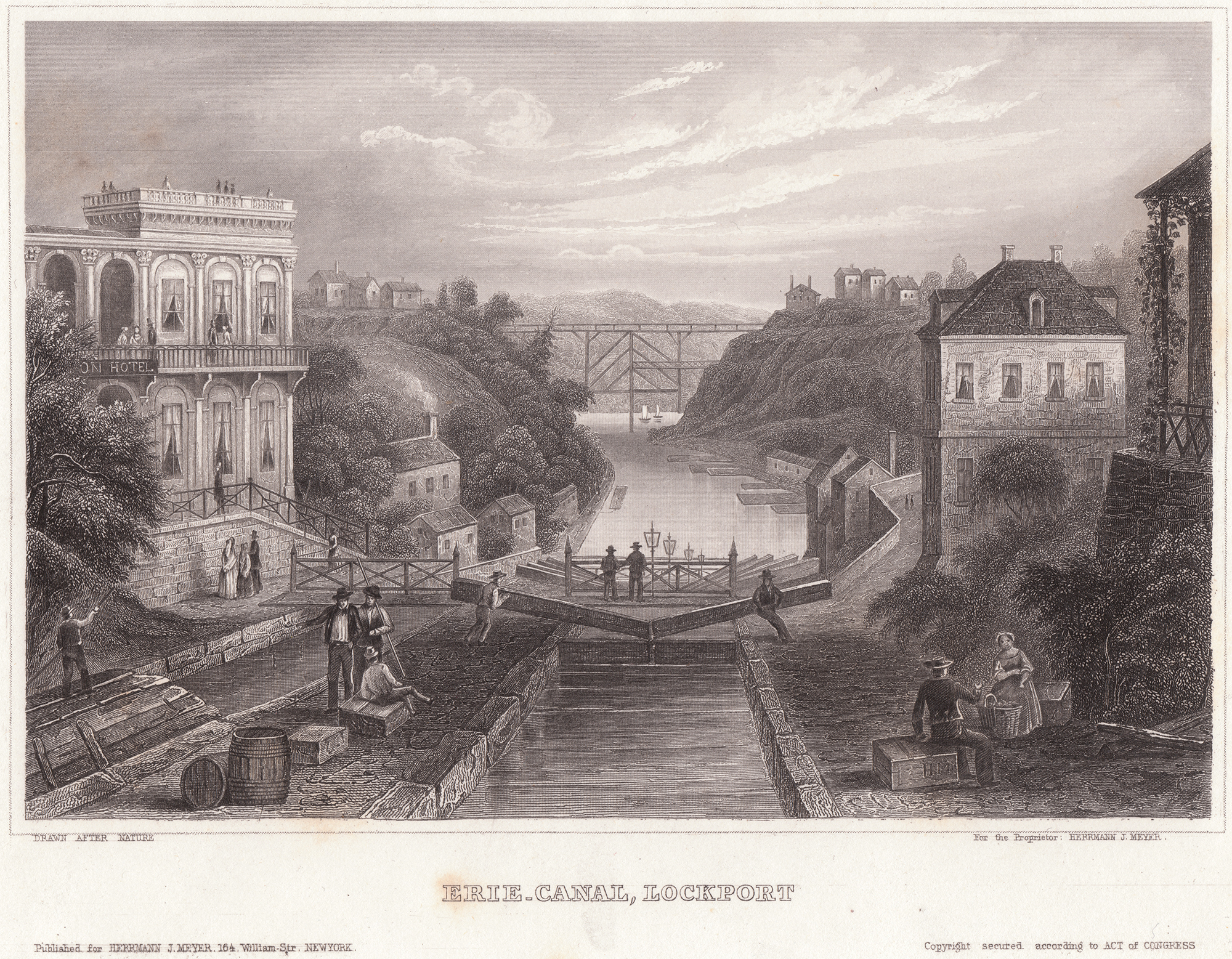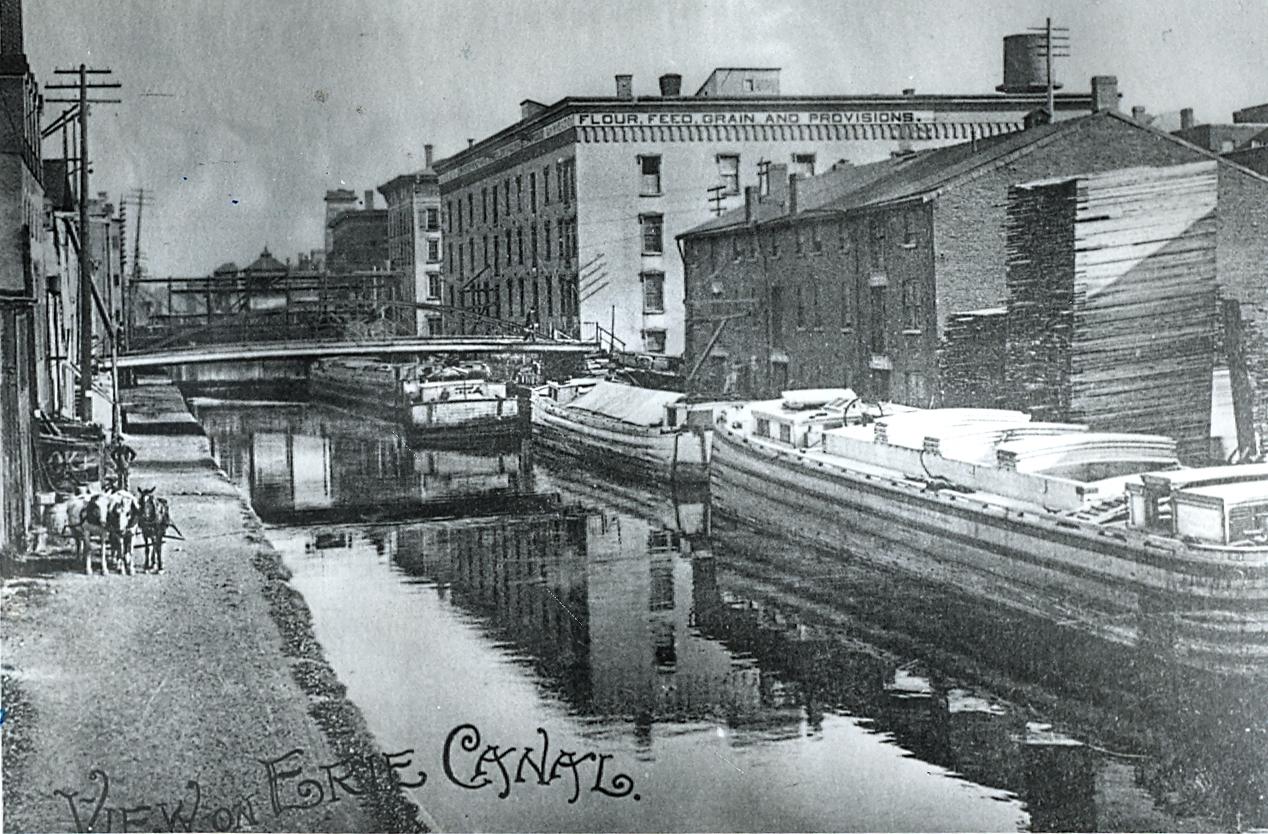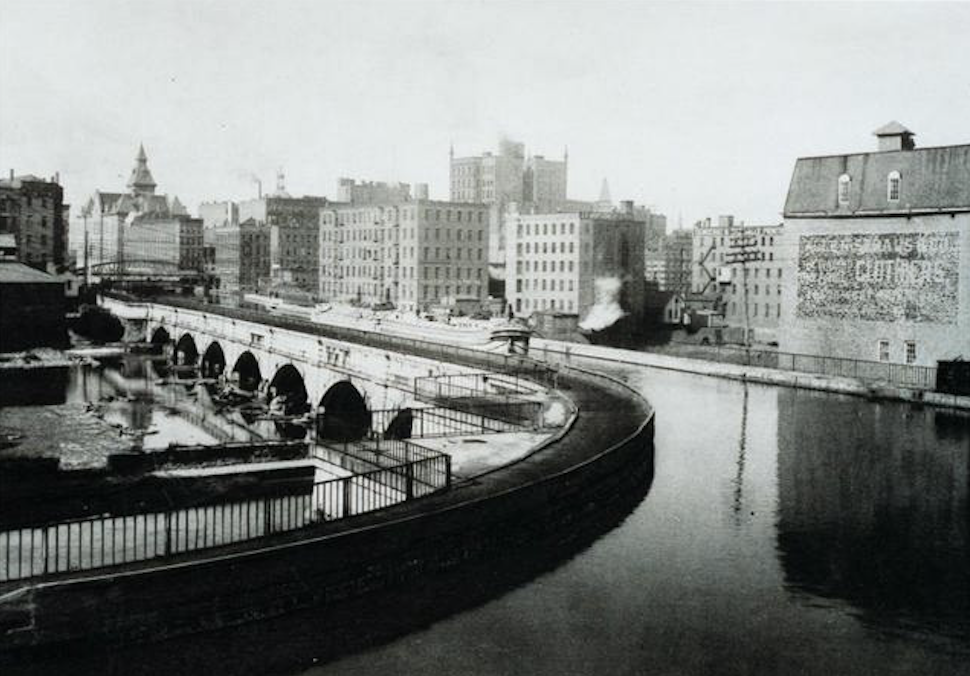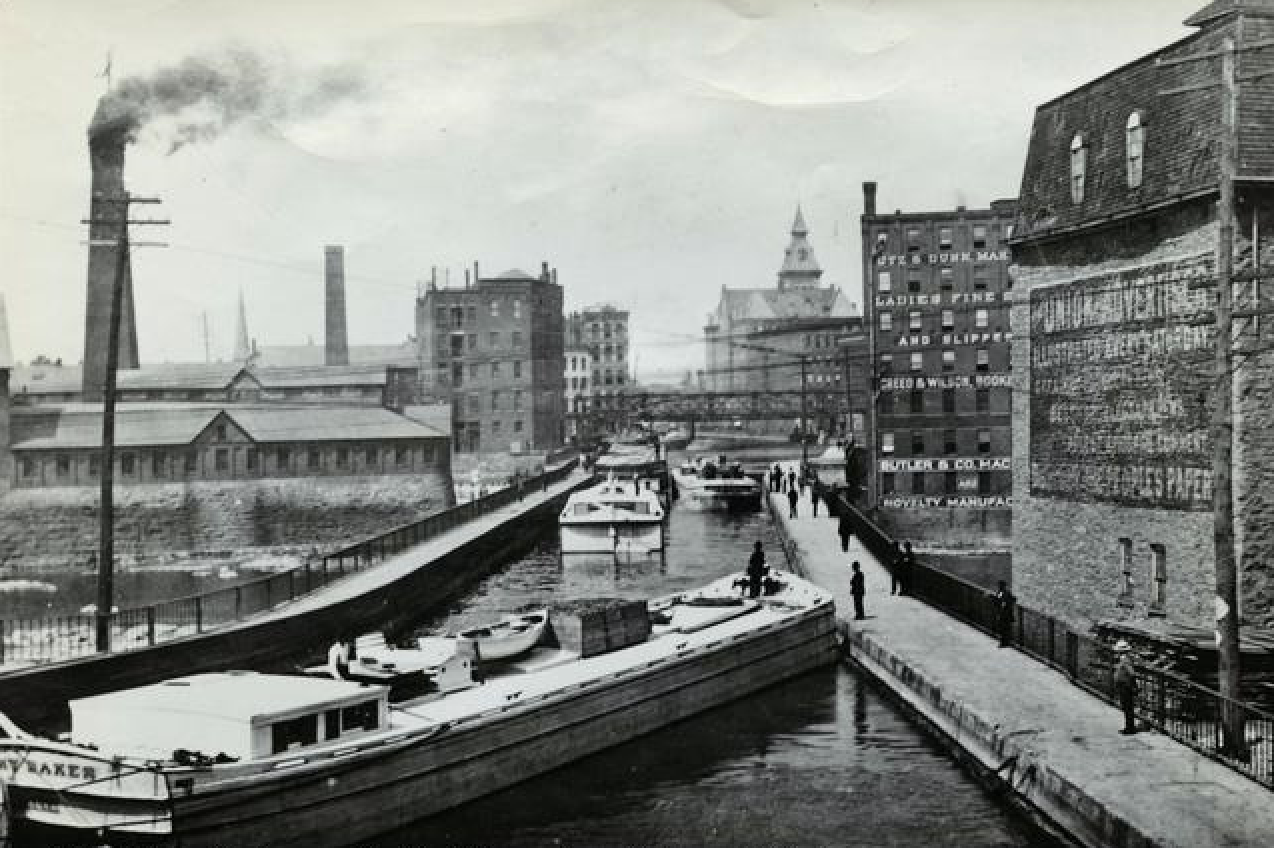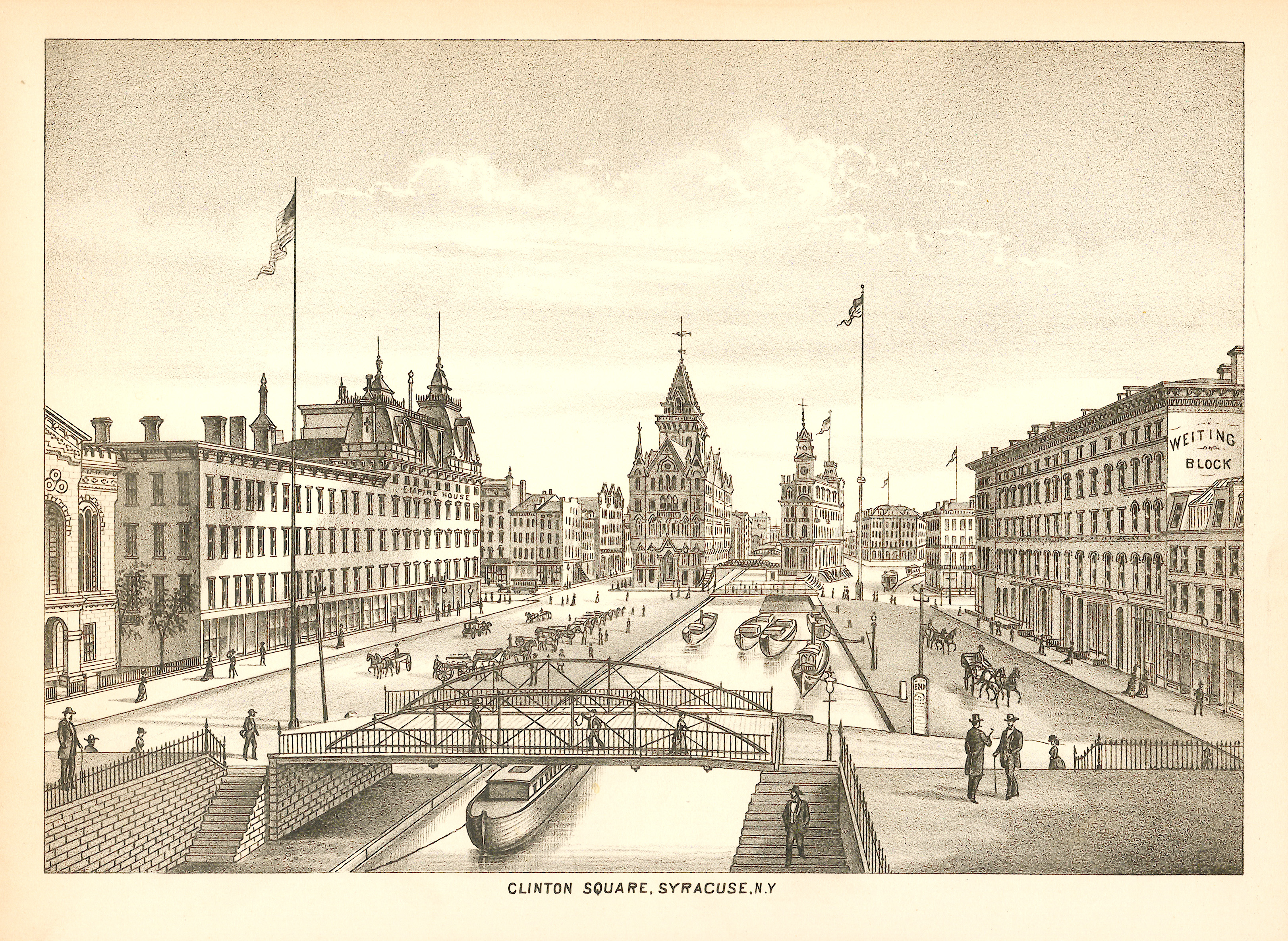“By a census taken in 1823, it appears that Rochseter then contained 3731 inhabitants--and from the rapid increase of its trade, it is probable that the number is at present 4500. In 1812, there was not the semblance of a village”
-American Watchman and Delaware Advertiser (1825)
